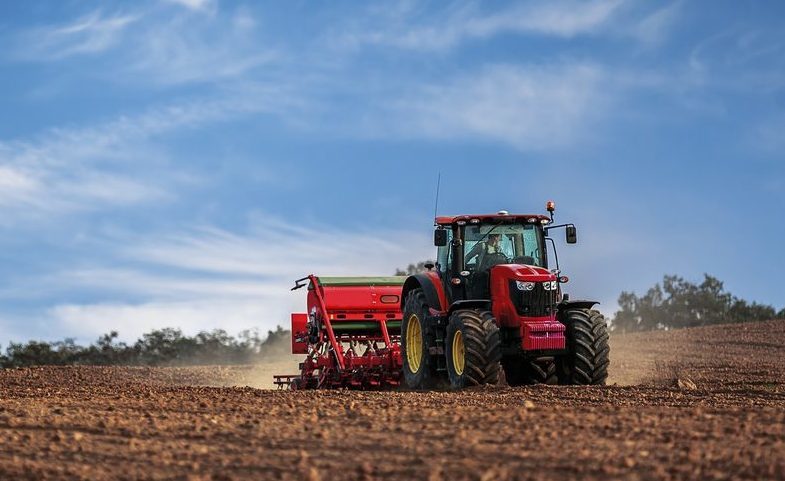One of Scotland’s leading scientists believes time is short for influencing the UK Government on future farm policy.
According to Professor Julie Fitzpatrick, the scientific director of the Moredun Institute, agricultural strategy is already being decided in London, and Scotland needs to get involved quickly if outcomes are going to be influenced.
“I have been at meetings recently in London where it is clear agricultural strategy is being written and it will be interesting to see how much discussion there is round that,” she told a press conference in Edinburgh.
“We want to make sure the Scottish perspective is put in front of the UK as these policies are being written.”
Prof Fitzpatrick said she had not yet been formally asked by the Scottish Government to be involved in discussions but was aware of moves to set up panels. And she made it clear that she believed the direction of Scottish farm policy should have science at its heart.
“This is an opportunity like no other before to show how science led policy decision making takes place, not policy led science. It has been the wrong way round in the past. We would like to see health and welfare, low carbon economies and precision farming being in some way wound back into subsidy payments,” she said.
“In the past it was about pillar one and pillar two and subsidy payments. What we would like to see is sustainable agricultural production taken into account. That would mean you were in receipt of subsidies for doing farming better, so it might be litres of milk per unit of nitrogen applied to pasture or the number of beef calves reared per 100 suckler cows.”
Prof Fitzpatrick emphasised that the Moredun’s views were being discussed with with other research institutes and stakeholders such as NFU Scotland.
She added: “When Brexit happened everyone looked at the downside, but a more focused agricultural policy on the needs of UK farmers is an attractive one. There are differences between Scotland and the rest of the UK, but wouldn’t it be fantastic if you got a really good UK strategy and then within that you had the capacity to make regional ad geographical priorities and that might help ease farmers eventually on a trajectory where there is less reliance on subsidies and more reliance on farm productivity and profitability.”
nnicolson@thecourier.co.uk










